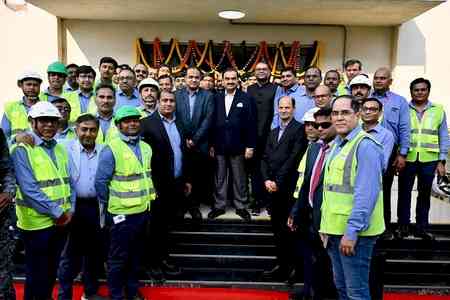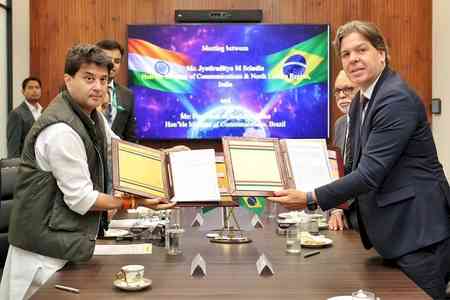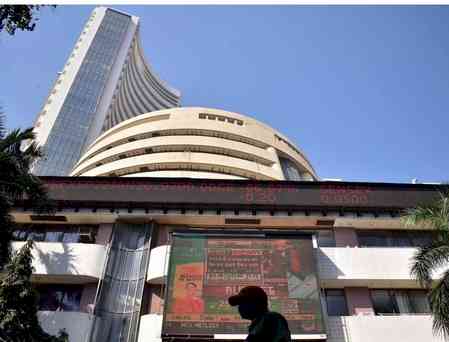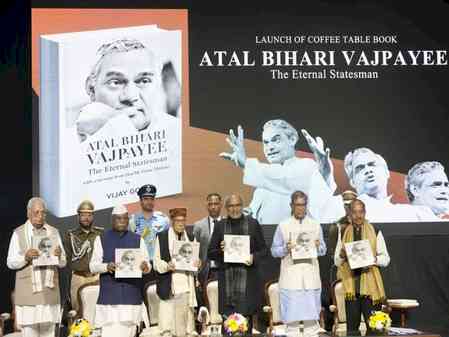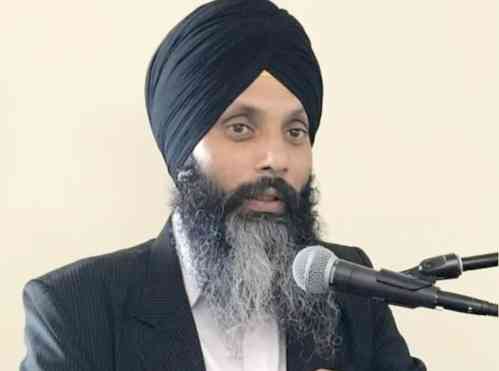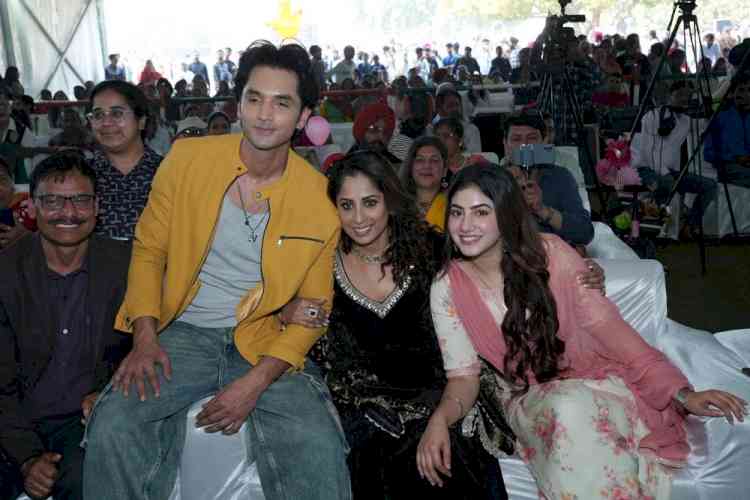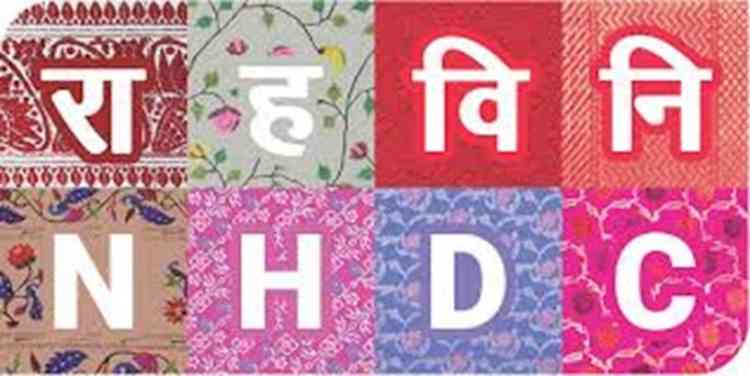India to nurture ‘model banking of future’ riding on open stack technology
According to the latest report by Boston Consulting Group (BCG), in collaboration with FICCI and IBA, titled, “The Poster Child”

Mumbai, December 22, 2021: Indian banking has the opportunity to be the poster child for modern banking paradigm globally. India has already shown the way in payments via UPI. The same approach needs to permeate lending and data. Retail payments today, match the heft of Indian software services in bringing global acclaim to India. Over half of the valuation for Fintech is accounted for by payments. Conversations on UPIs have gained momentum, pointing to the potential scale and growth that is yet to be explored with regards to the platform. In the next 5 years, as Indian banks extend UPI’s underlying open stack philosophy from payments to lending and daily banking, they would be nurturing the “model banking of the future”, according to the latest report by Boston Consulting Group (BCG), in collaboration with FICCI and IBA, titled, “The Poster Child”.
While the rise of small ticket digital transactions and the growing popularity of QR codes at small merchants catches headlines, the real transformative change can be witnessed with the rising number of digital payments received by them from identifiable repeat customers. BCG’s view is that the introduction of aggregators can make financial data easily available to any lender of a customer’s choice, thereby creating a step change in access and eligibility for loans for small business, since the machine-readable data available for credit approval, monitoring and collections per customer grows 100X with impact of aggregators and digital footprint.
“The banking sector in the country is undergoing a massive transformation. With technology permeating every aspect of banking operation and with new partnerships getting developed with Fintech’s, one can be sure that the delivery of credit and other financial services will see an improvement with time. The report lists out some of the key developments that we are seeing and provides a rich set of recommendations for consideration by the regulator and government as they work together to strengthen the Indian banking sector and make it future ready for meeting the requirements of a fast-growing economy like India”, said Jyoti Vij, Deputy Secretary General, FICCI.
UPI is also proof of the concept that banking can be envisaged as an open tech stack interconnected to each other and to external entities to reach customers for sales and service. “We already notice 95% payments on UPI being originated on 3rd party Payment Service Providers (PSP) that are digital platforms with large customer traffic,” said Saurabh Tripathi, a BCG Managing Director and Senior Partner, and a co-author of the report. “The next phase of evolution will witness a shift to lending, with the introduction of Lending Service Providers (LSP) who can leverage API to connect potential borrowers to all possible lenders onboarded onto the Open Credit Enablement Network (OCEN). This will be highly advantageous to players with advanced data capabilities, like Fintech, through access to data that was previously confined to a bank’s closed systems.
The study also emphasizes on extending open architecture beyond lending to daily banking. We are already seeing many Neo banks that provide “daily banking” to customers with a bank operating as utility in the background. We envisage over 75% of all digital payments and digital loans and 25% of digitally opened accounts to be on 3rd party platforms in the next 5 years. The power of 3rd parties to originate banking transactions will grow manifold as number of digital platforms with sizeable customer traffic grows rapidly. “Digitization of banking sector is very important, especially for retail, which contributes as a key to growth of the ecosystem. Further, Ease of doing business for MSME and corporate will help in achieve $5 trillion economy” said Sunil Mehta, Chief Executive, India Banks’ Association.



 cityairnews
cityairnews 
